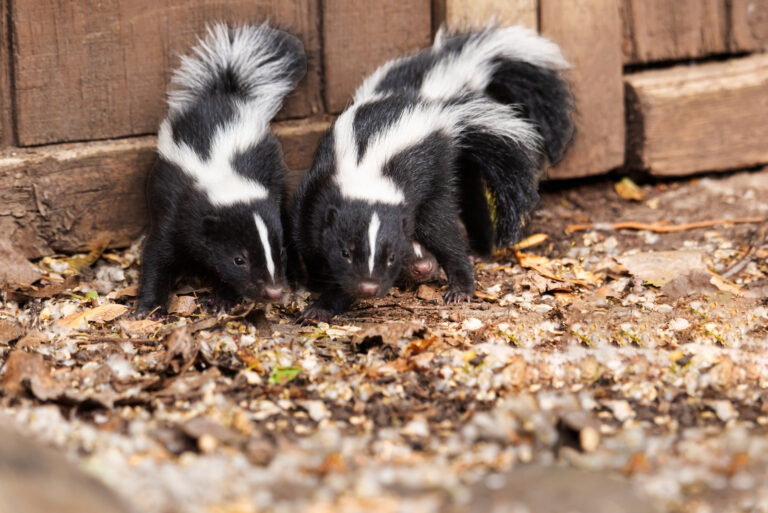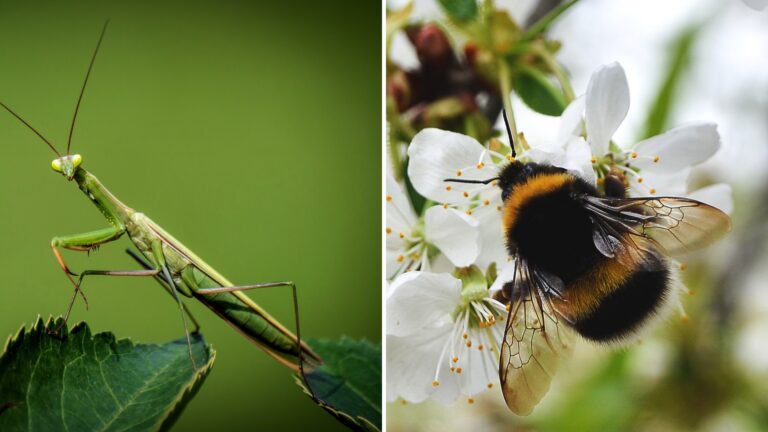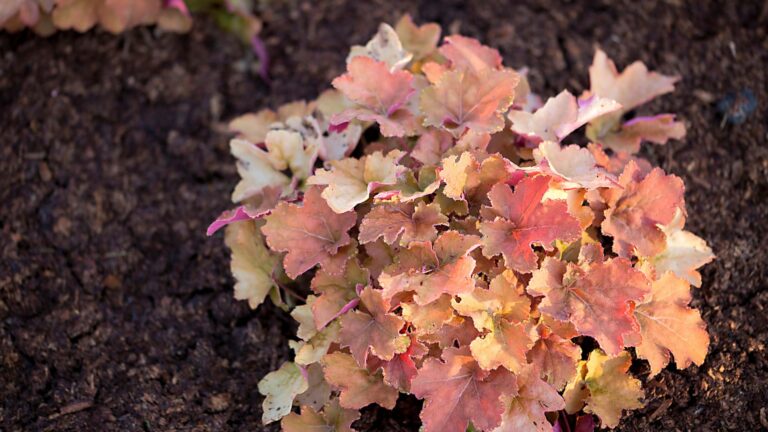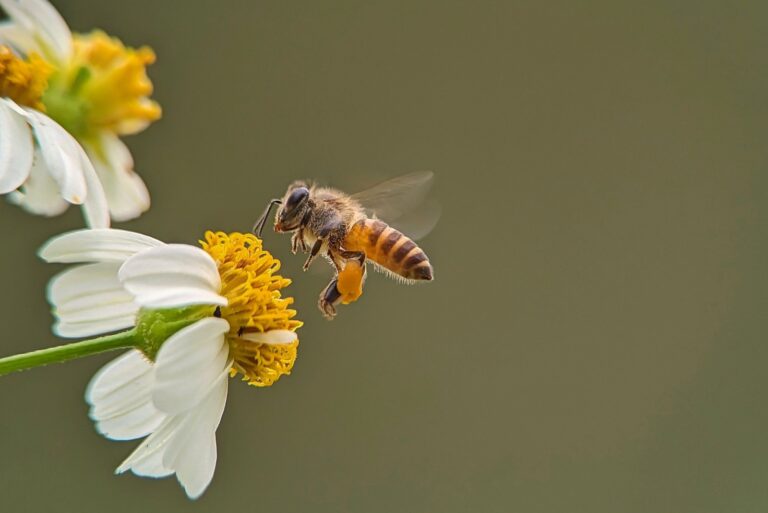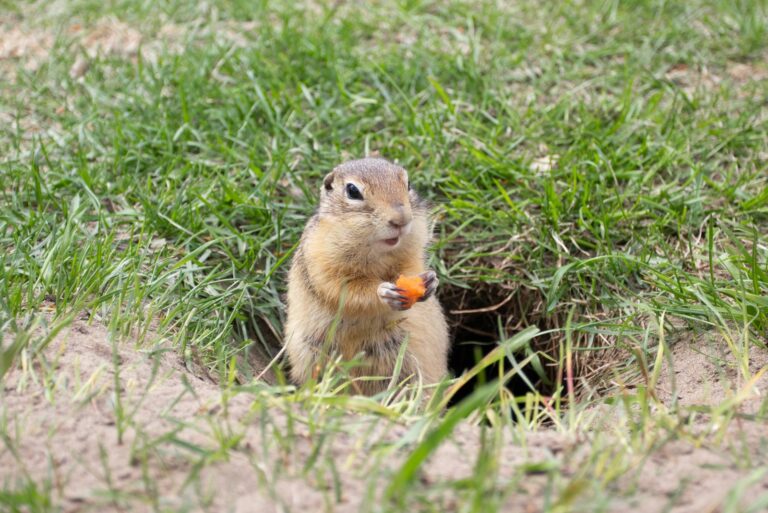11 Plants Oregonians Use To Keep Rats Away Naturally
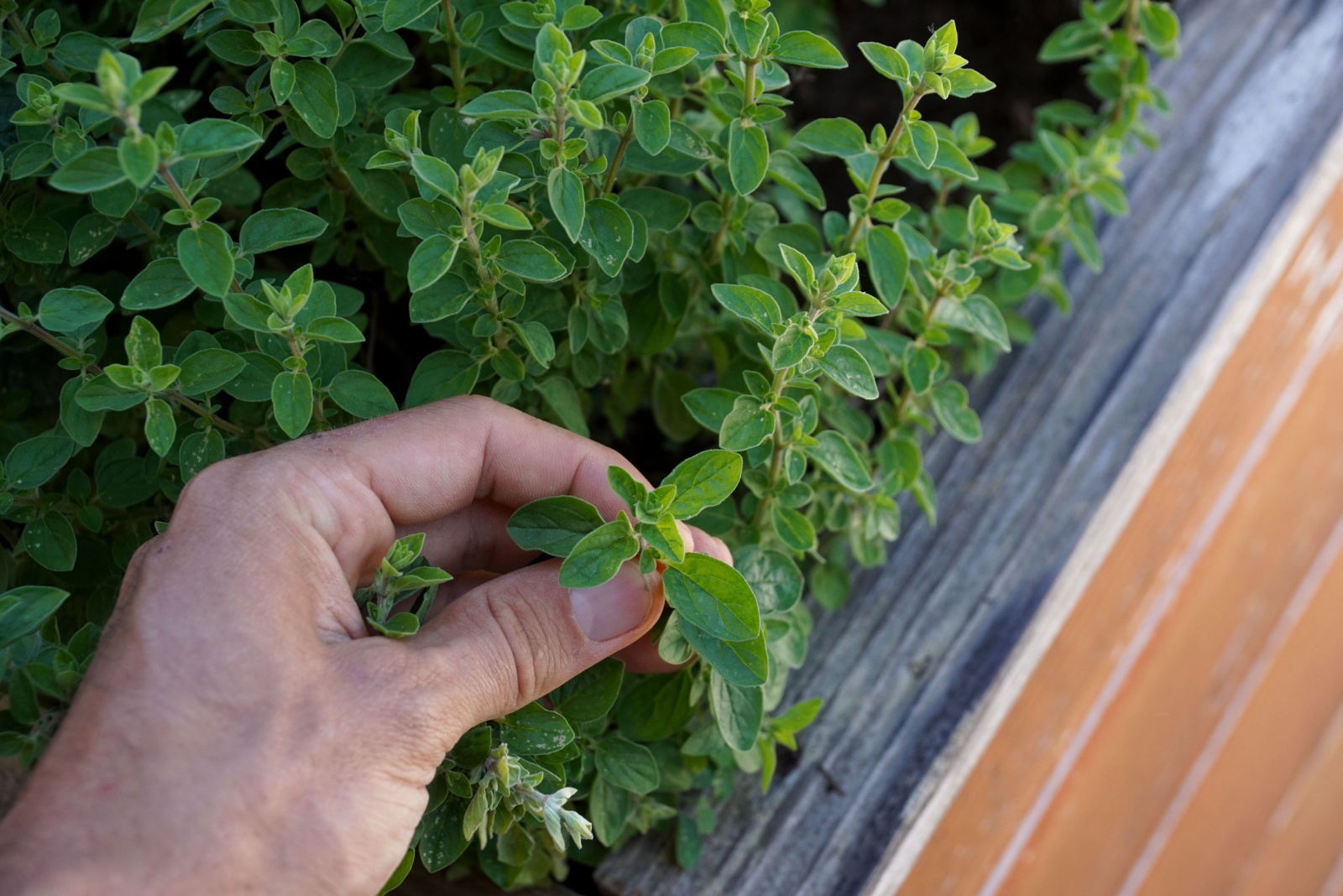
Rats can be a real problem for homeowners in Oregon, especially when they invade gardens and outdoor spaces. Instead of using harsh chemicals or traps, many Oregonians turn to nature for help.
Certain plants naturally repel rats with their strong scents and textures, making them a safe and eco-friendly solution for keeping these pests away.
1. Peppermint
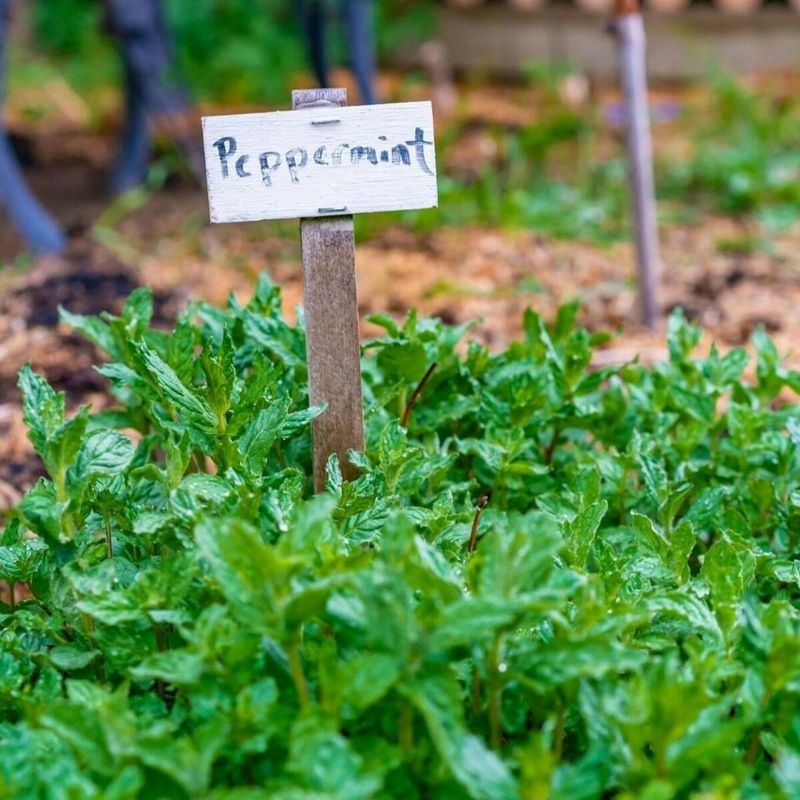
Strong menthol aromas make peppermint one of the most effective natural rat deterrents available. Rats absolutely hate the intense smell that comes from crushing or brushing against the leaves.
Plant it near doorways, windows, or garden beds where you’ve noticed rodent activity. You can also harvest leaves and place them in small sachets around your home for extra protection.
Peppermint grows well in Oregon’s climate and spreads quickly, giving you plenty of material to work with throughout the season.
2. Lavender
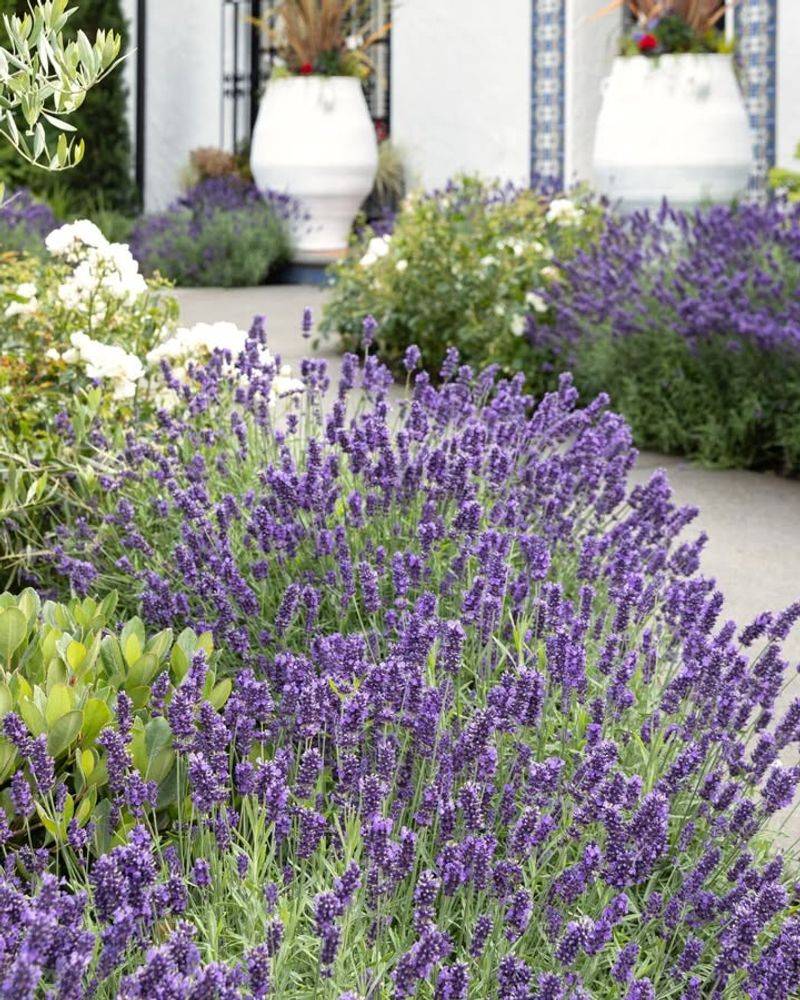
Beautiful purple blooms aren’t just pleasant to look at—they’re powerful rat repellents too. Lavender’s sweet fragrance that humans love is actually overwhelming and unpleasant to rodents.
Position lavender bushes along fences, pathways, or near compost bins where rats might try to enter. The dried flowers work wonderfully in sachets placed in sheds, garages, or storage areas.
Oregon’s mild summers provide perfect growing conditions for lavender, and it requires minimal maintenance once established in your yard.
3. Rosemary
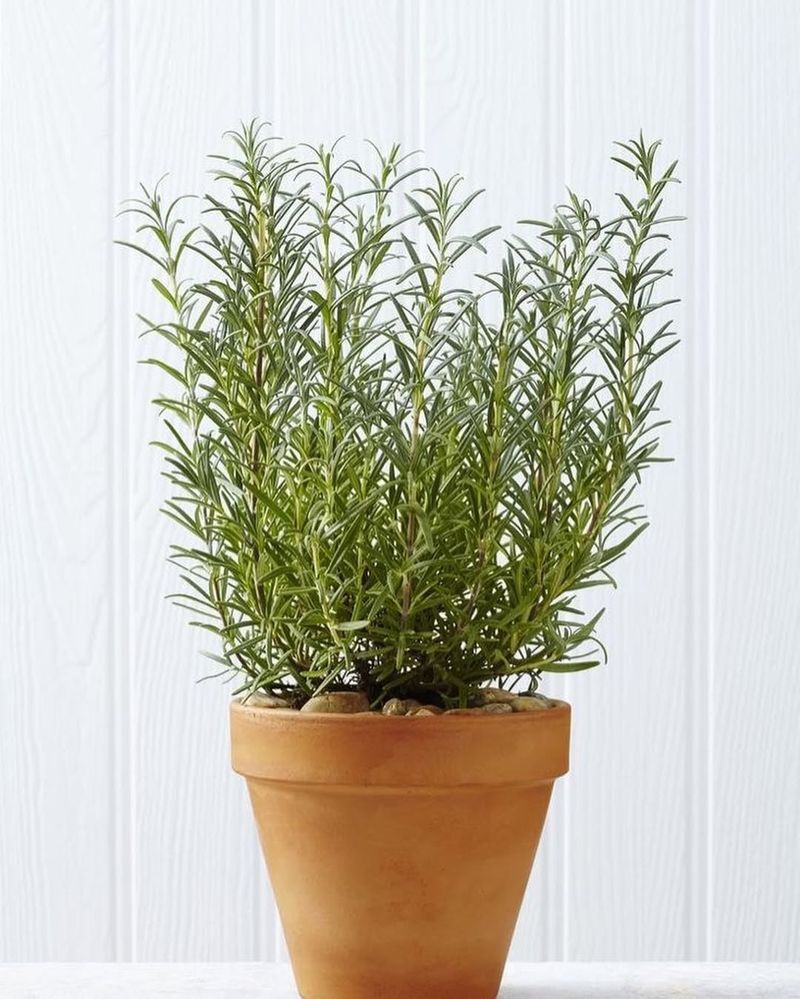
This woody herb packs a punch with its pine-like scent that sends rats running in the opposite direction. Rosemary’s tough, needle-like leaves create both a scent barrier and a physical deterrent.
Try planting it in containers near entry points or in raised garden beds where vegetables grow. Fresh sprigs can be scattered in areas where you’ve seen droppings or signs of rat activity.
The herb thrives in Oregon’s climate and offers the bonus of being a delicious cooking ingredient for your kitchen adventures.
4. Marigolds
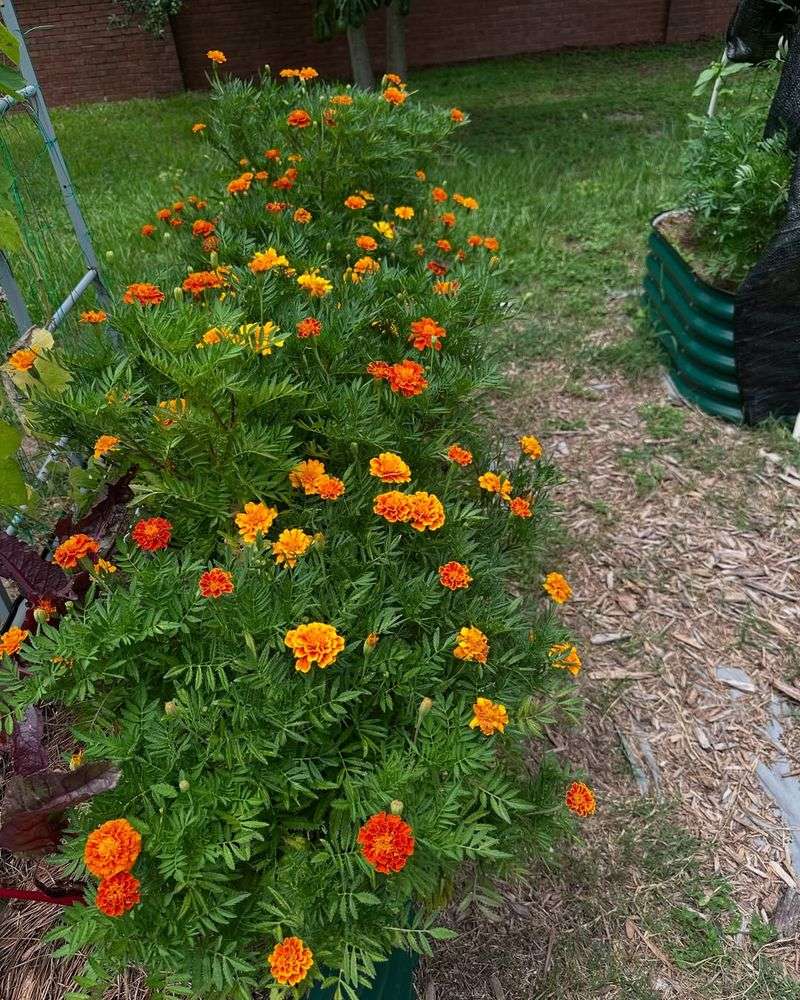
Vibrant colors and a pungent odor make marigolds a double threat against unwanted rodents. Their distinctive smell comes from natural compounds that rats find completely repulsive and avoid at all costs.
Border your vegetable garden or flower beds with marigolds to create a protective barrier. They work especially well when planted in clusters rather than single plants.
These cheerful flowers are easy to grow from seed in Oregon and bloom from spring through fall, providing continuous protection during active rat seasons.
5. Garlic
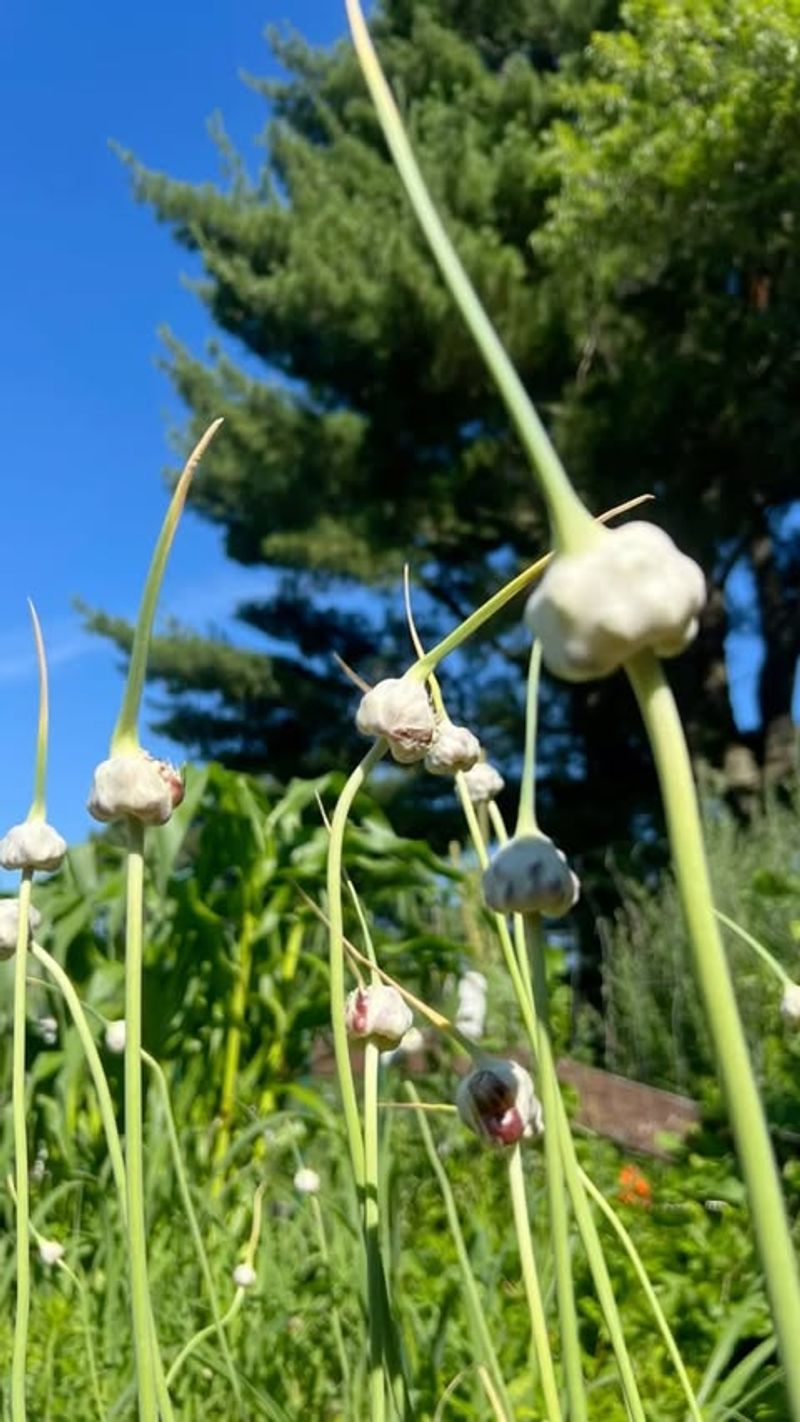
Few scents are more offensive to rats than the sharp, sulfuric smell of garlic. Even before the bulbs form underground, the green shoots release oils that keep rodents far away from your property.
Plant garlic cloves around the perimeter of your garden or near buildings where rats might nest. You can also crush cloves and mix them with water to create a spray for problem areas.
Oregon’s cool, wet winters are ideal for garlic cultivation, and you’ll harvest delicious bulbs while protecting your space naturally.
6. Daffodils

Springtime beauties do more than brighten your yard—they’re actually toxic to rats who try to nibble them. All parts of the daffodil plant contain alkaloids that rodents instinctively avoid after one bad experience.
Plant bulbs in fall around the foundation of your home or in flower beds near vulnerable areas. Rats learn quickly to stay away from places where daffodils grow.
These hardy bulbs naturalize beautifully in Oregon’s landscape and return year after year, providing long-term pest control with zero maintenance required.
7. Oregano
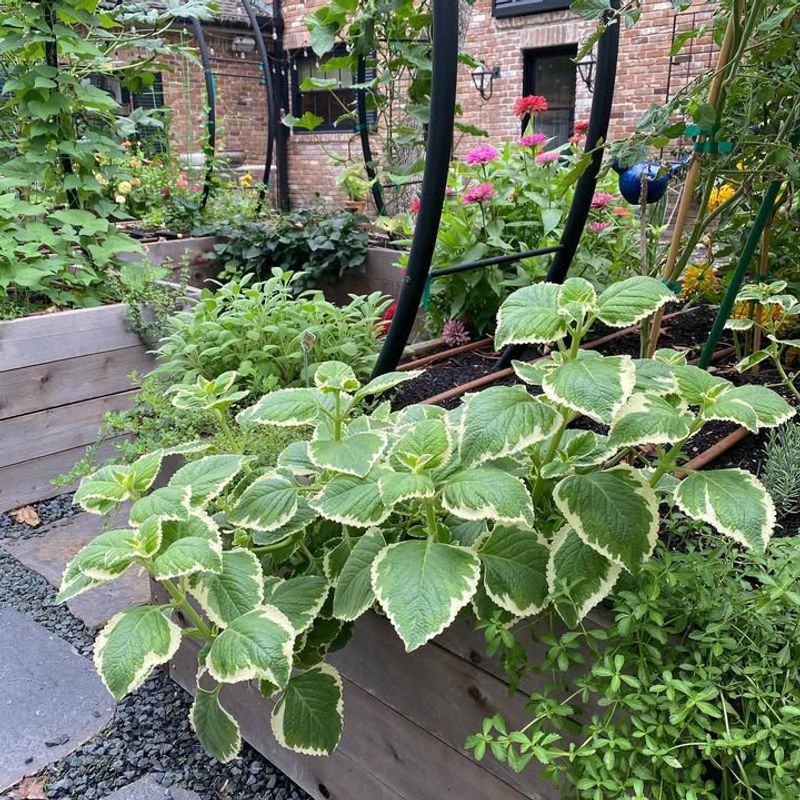
It’s fitting that Oregonians use oregano to protect their homes from rats! The herb’s strong, spicy aroma contains compounds like carvacrol that rodents find unbearable.
Ground-cover varieties spread quickly and create a living carpet that rats won’t cross. Plant oregano near foundations, in rock gardens, or along pathways where pests travel.
This Mediterranean herb adapts surprisingly well to Oregon’s climate and provides fresh leaves for cooking while simultaneously guarding your property from unwanted visitors all season long.
8. Mint Varieties
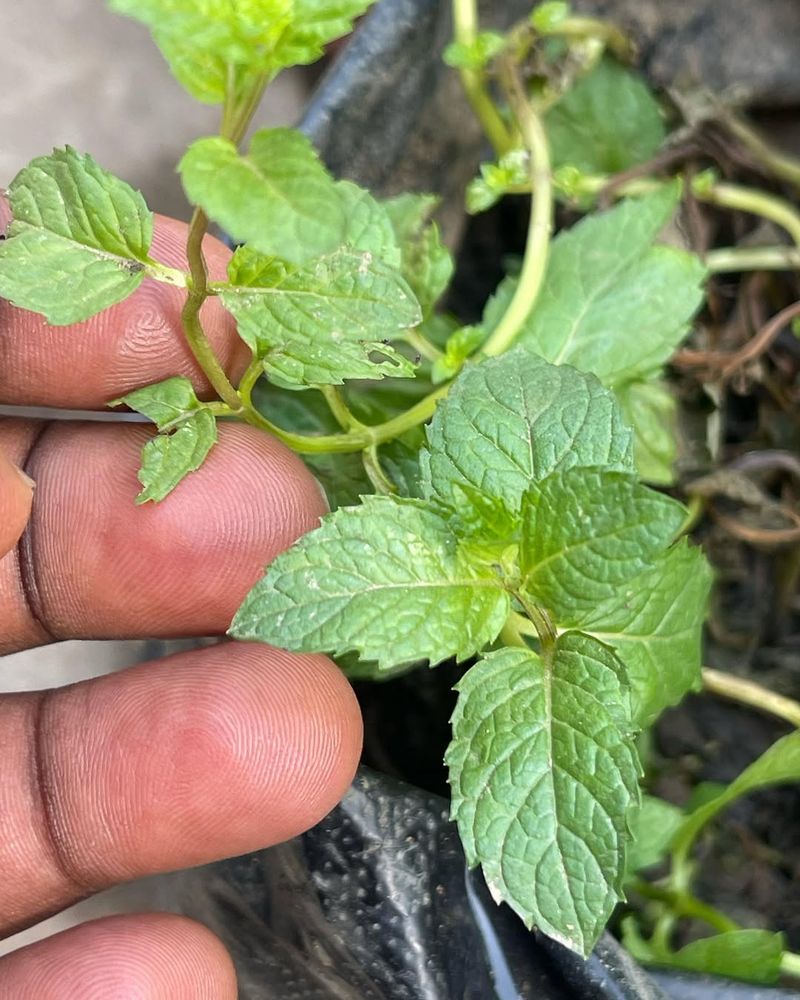
Beyond peppermint, other mint varieties like spearmint and chocolate mint work wonders against rat invasions. Each type releases different menthol compounds that create an invisible shield rodents refuse to penetrate.
Be warned—mint spreads aggressively, so plant it in containers or areas where you don’t mind it taking over. Place pots near garbage cans, compost bins, or doorways.
Oregon’s moist climate makes mint grow like crazy, giving you an abundant supply for both pest control and refreshing summer beverages throughout the warm months.
9. Chrysanthemums
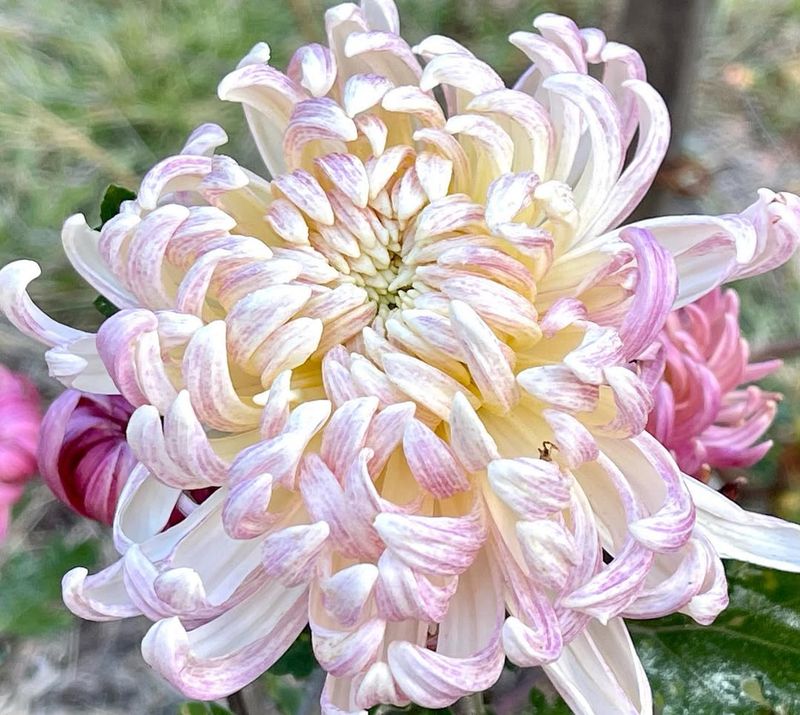
Fall-blooming mums contain pyrethrin, a natural insecticide that also repels rodents effectively. Rats dislike both the smell and the chemical compounds these flowers produce naturally.
Plant chrysanthemums in pots on porches or in garden beds near areas where you’ve noticed rat activity. They provide gorgeous autumn color while working hard to protect your space.
These flowers thrive in Oregon’s cool fall weather and can be divided and replanted each year, expanding your natural pest defense system without additional cost or effort.
10. Sage
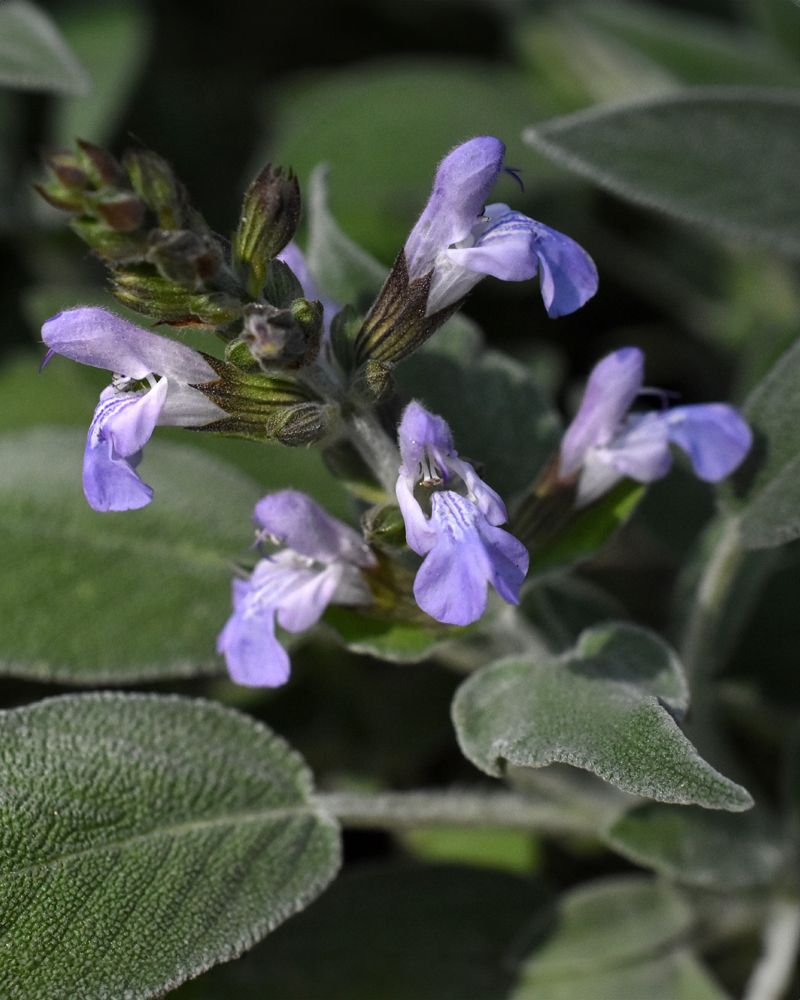
Fuzzy, aromatic leaves make sage another excellent choice for natural rodent control in Oregon yards. The camphor-like scent is pleasant to humans but overwhelming to rats with their sensitive noses.
Plant sage along walkways or in mixed herb gardens near your home’s foundation. Dried sage bundles can be hung in sheds, barns, or garages for indoor protection.
This drought-tolerant herb handles Oregon’s dry summers beautifully and requires little water once established, making it both practical and low-maintenance for busy homeowners seeking natural solutions.
11. Catnip
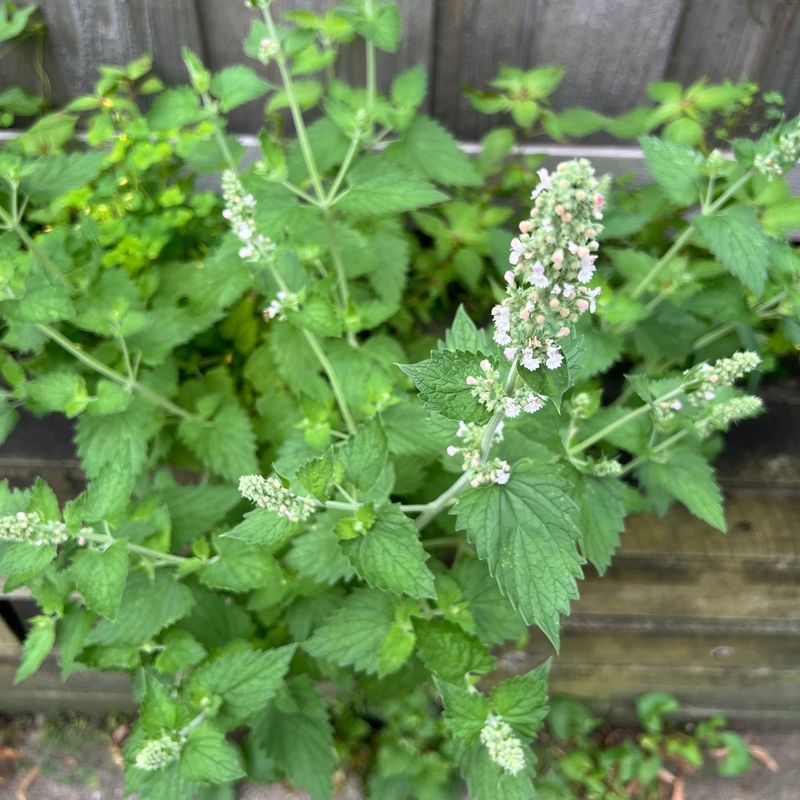
While cats go crazy for it, rats absolutely despise catnip’s distinctive minty-lemony smell. The plant produces nepetalactone, an oil that repels rodents while attracting helpful feline hunters to your yard.
Grow catnip in areas where rats enter your property or near outbuildings like chicken coops and sheds. It self-seeds readily and comes back stronger each year.
Oregon’s climate suits catnip perfectly, and having it around might even attract neighborhood cats who’ll provide additional natural pest control by hunting any brave rats nearby.

